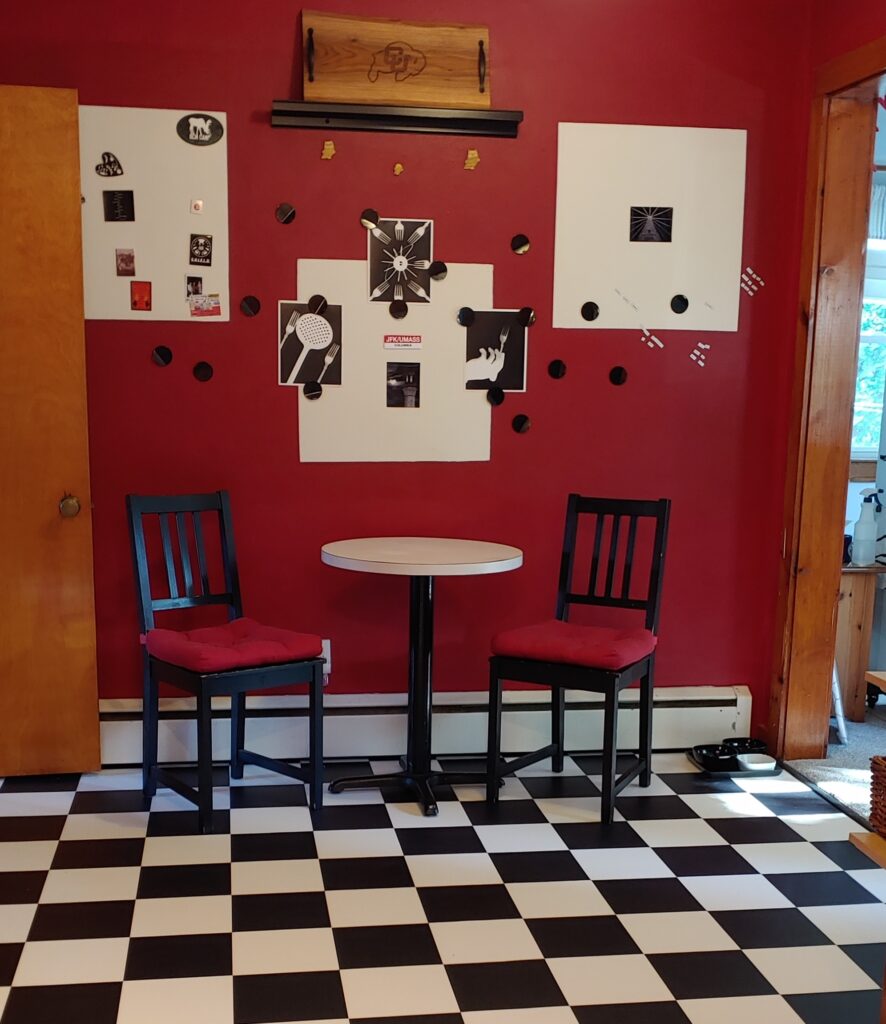You grant us sleep for rest from our infirmities, and repose from the burdens of our much toiling flesh. Saint Basil’s Prayer
[For the full prayer, click St. Basil’s Prayer: Lent 2024 above.]
Sleep is one of those graces that I only notice in its absence. It is how the body and mind repair themselves, and the place of dreams. A good night’s sleep can restore our good humor and our perspective as well as refresh our bodies. It is a nightly blessing, and its absence can feel like a curse.
Why am I so willing to give up this blessing to worry or overwork?







